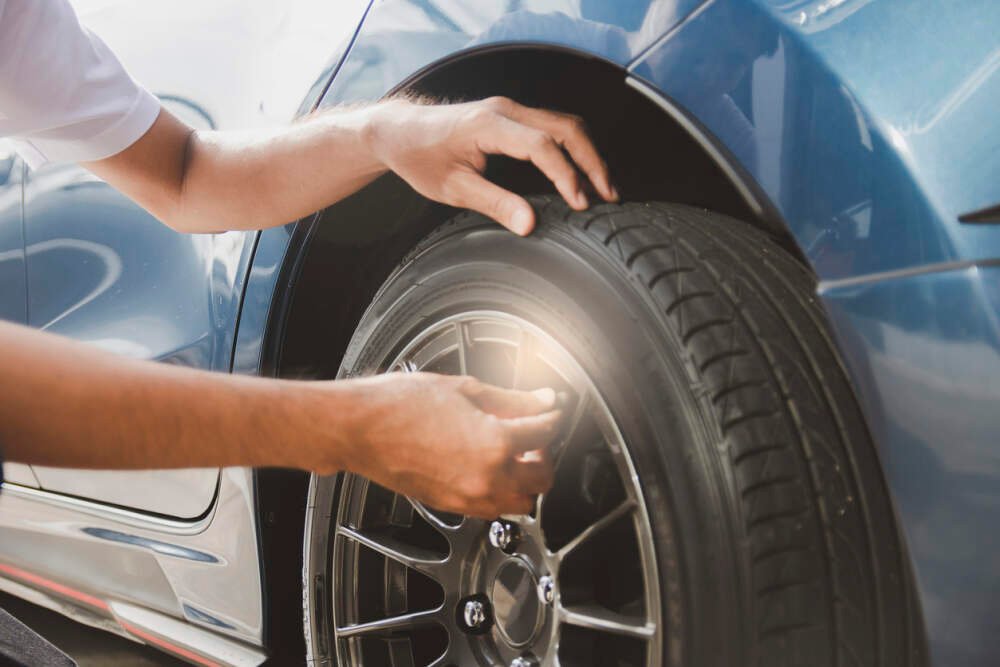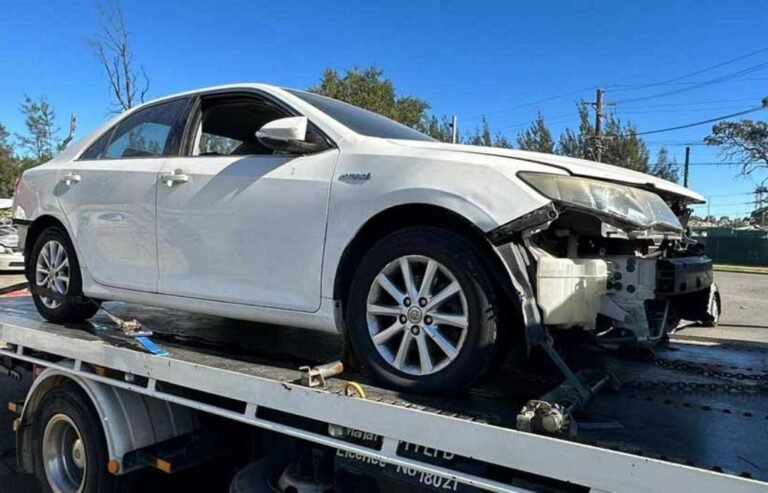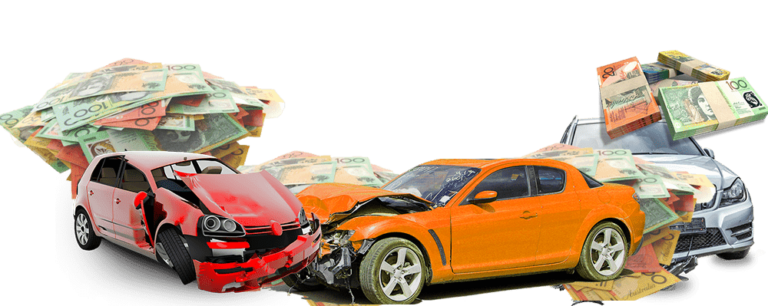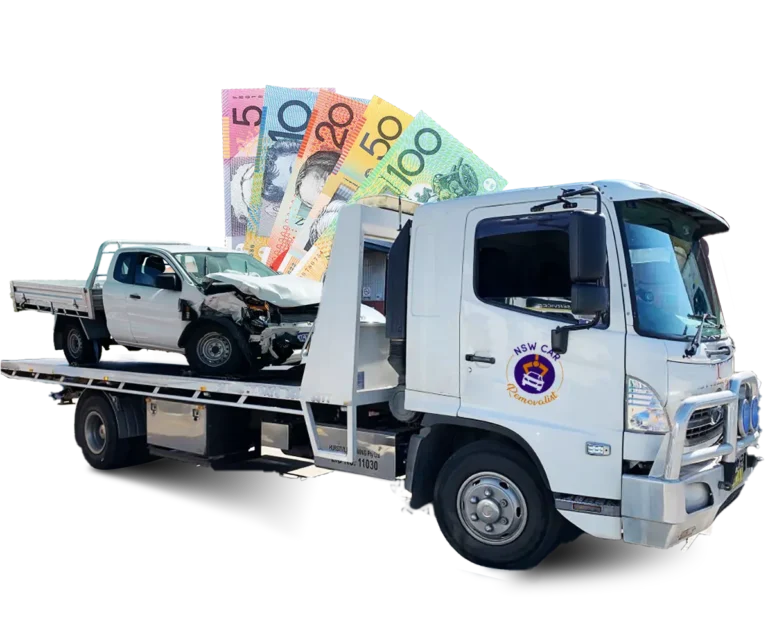What Should I Consider Before Selling My Vehicle?
Selling your vehicle can seem like a straightforward process, but there are many factors to consider before putting it on the market. Whether you’re selling privately, trading it in, or using a car-buying service, careful preparation can help you get the most out of your vehicle and avoid common pitfalls. This guide will walk you through what to think about before selling your vehicle, ensuring a smooth and informed sale.
1. Determine Your Vehicle’s Current Value
The first step in selling your vehicle is understanding its current market value. This ensures that you do not overprice or underprice it. There are several factors that can influence a car’s value:
- Age: Older vehicles generally have lower market values, but some models may retain value better than others.
- Condition: A well-maintained car with fewer mechanical issues will fetch a higher price.
- Mileage: Lower mileage usually means the car has more life left, making it more attractive to buyers.
- Market Demand: Some cars are more in demand, particularly certain brands or models.
You can check online tools like Kelley Blue Book, Edmunds, or use local classified ads to gauge your vehicle’s worth.
| Factors Influencing Vehicle Value | Description |
|---|---|
| Age | Older cars typically depreciate faster, but vintage models may increase in value. |
| Condition | Regular maintenance and cosmetic care can enhance a vehicle’s value. |
| Mileage | Cars with lower mileage tend to have a higher resale value. |
| Market Demand | Popular models or brands may retain value better. |
2. Choose How You Want to Sell
There are several ways to sell your car, each with its own pros and cons. Choosing the right method depends on your priorities, such as speed, ease, and maximizing the sale price. Below are some common methods:
| Method | Pros | Cons |
|---|---|---|
| Selling privately | You can negotiate a higher price. | Time-consuming and may attract low offers. |
| Trading in to a dealer | Quick and convenient process. | Lower offer compared to a private sale. |
| Car-buying service | Fast and hassle-free. | May not offer the highest price. |
Private Sale: This can potentially get you the most money, but it can also be the most work. You’ll need to advertise, arrange viewings, and negotiate with buyers.
Trade-In: If you’re buying another car, trading in your old vehicle at a dealership can be convenient, but you’re likely to get a lower price than if you sold it privately.
Car-Buying Service: These services are fast and offer convenience, but you might not get the best price. However, if you want a quick sale without any fuss, it is an option worth considering.
visit: https://www.cashforcarbrisbane.com.au/car-removal-brisbane/
3. Prepare the Vehicle for Sale
Before listing your car, you should ensure that it is in the best possible condition to attract potential buyers. A well-presented car is more likely to sell quickly and at a better price. Here are some tips for prepping your car for sale:
- Clean the Exterior and Interior: Give the car a thorough cleaning, inside and out. Pay attention to the seats, carpets, and dashboard. A professional detailing service might be worth considering.
- Fix Minor Issues: If there are small mechanical or cosmetic problems, such as a broken light or a dent, fixing these can make your vehicle more appealing.
- Gather Maintenance Records: Showing that you’ve kept up with regular maintenance can reassure buyers that the car is in good condition.
- Photograph the Car: High-quality photos from multiple angles can help your listing stand out.
| Steps to Prepare Your Car for Sale | Reason |
|---|---|
| Clean the car inside and out | A clean car is more attractive to buyers and creates a good first impression. |
| Fix minor mechanical or cosmetic issues | Small repairs can increase the car’s appeal and sale price. |
| Gather maintenance records | Proves that the car has been well taken care of and is in good condition. |
| Take clear, high-quality photos | Helps your listing stand out and attract potential buyers. |
4. Gather Important Documents
To ensure a smooth sale, you’ll need to have all the necessary documents ready. These include:
- Vehicle Title: This proves ownership and is necessary for transferring the car to the new owner.
- Bill of Sale: This outlines the terms of the transaction, including the sale price and condition of the car.
- Maintenance Records: Providing these can boost buyer confidence.
- Smog/Emissions Certificate: Some states require this for older vehicles.
- Odometer Disclosure: Required in some locations to verify the car’s mileage.
| Document | Purpose |
|---|---|
| Vehicle Title | Proves ownership and transfers rights to the new owner. |
| Bill of Sale | Documents the transaction and sale terms. |
| Maintenance Records | Reassures buyers about the car’s history and condition. |
| Smog/Emissions Certificate | Required for vehicles in certain states to ensure they meet environmental standards. |
| Odometer Disclosure | Verifies the mileage, important for newer vehicles. |
5. Set a Competitive Asking Price
Setting the right price for your car is crucial. Overpricing can deter buyers, while underpricing means you’ll lose money. To price your vehicle competitively:
- Research similar listings: Look at what other sellers are asking for cars similar to yours in terms of make, model, year, and condition.
- Factor in your car’s condition: If your car has features like new tires or a recent service, you might be able to ask for a bit more.
- Be prepared to negotiate: Buyers may try to haggle, so set your asking price slightly above what you’re willing to accept.
6. Timing the Sale
Believe it or not, timing can influence how quickly you sell your vehicle and for how much. Certain times of the year may see higher demand for used cars, which can drive up prices. Here are some timing considerations:
- Spring and Summer: These are generally the best times to sell a car because people are more likely to make purchases when the weather is warm, and road trips are planned.
- End of Year/Tax Season: Buyers may have extra cash around tax season and look to buy a vehicle.
- When gas prices are low: Larger vehicles, like trucks and SUVs, tend to sell better when gas prices are low.
7. Be Honest About the Condition
When listing your car, be upfront about its condition. Misleading a buyer can cause issues later on, especially if they discover problems during a test drive or inspection. Honesty builds trust and makes the sale process smoother.
Conclusion
Selling your vehicle involves careful consideration and preparation. From setting a fair price to ensuring all necessary documents are in order, taking these steps will help you avoid complications and make the sale easier. Whether selling privately, trading in, or using a service, each method has its own merits. A little planning can make the process much smoother and lead to a more satisfying sale.
visit: https://www.cashforcarbrisbane.com.au/cash-for-cars-ipswich/
FAQs
- What is the most important document needed to sell a car?
The vehicle title is the most crucial document, as it proves ownership and is required to transfer the car to the new owner. - Is it worth getting my car professionally cleaned before selling?
Yes, a clean car makes a good impression and can help you get a better price. Consider professional detailing if the car needs it. - Can I sell a car without the title?
No, selling a car without the title is difficult. You will need to obtain a duplicate title from your local DMV before selling. - How do I determine the right price for my car?
Research similar listings in your area, consider your car’s condition, and factor in any upgrades or repairs you’ve made. - When is the best time to sell my car?
Spring and summer are often the best times to sell due to higher demand. Selling during tax season or when gas prices are low can also be advantageous.





